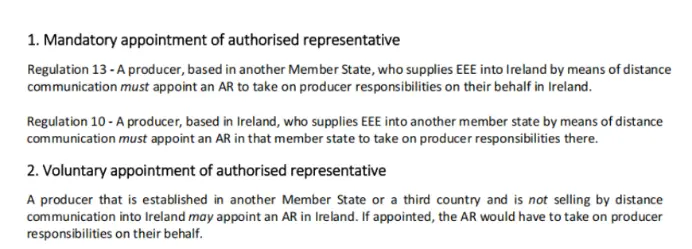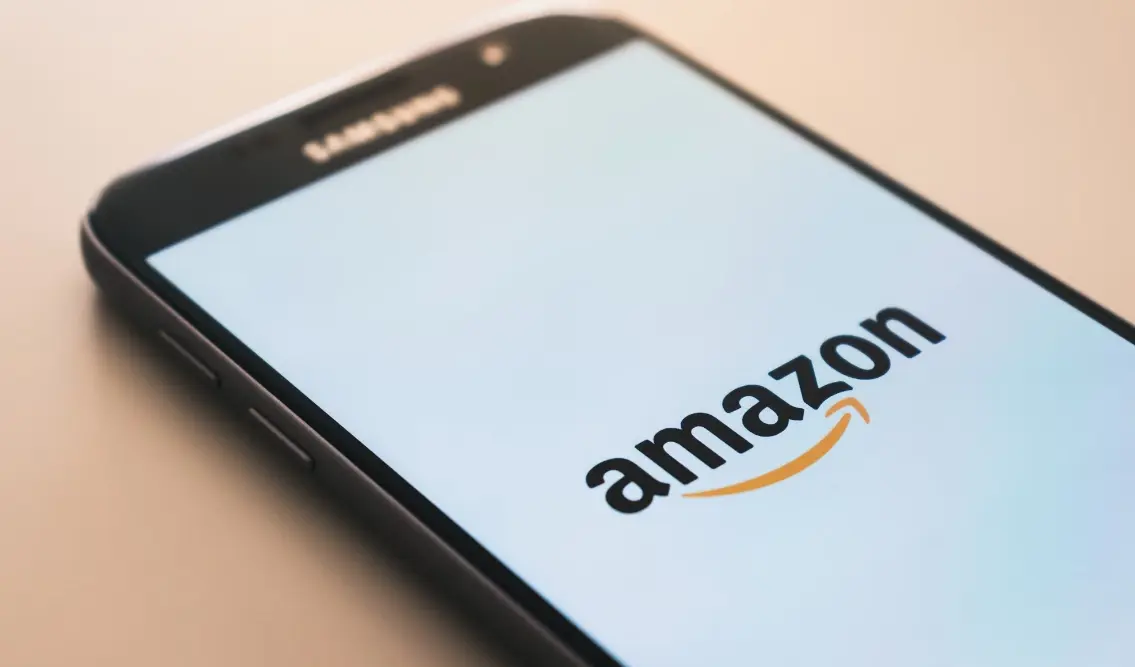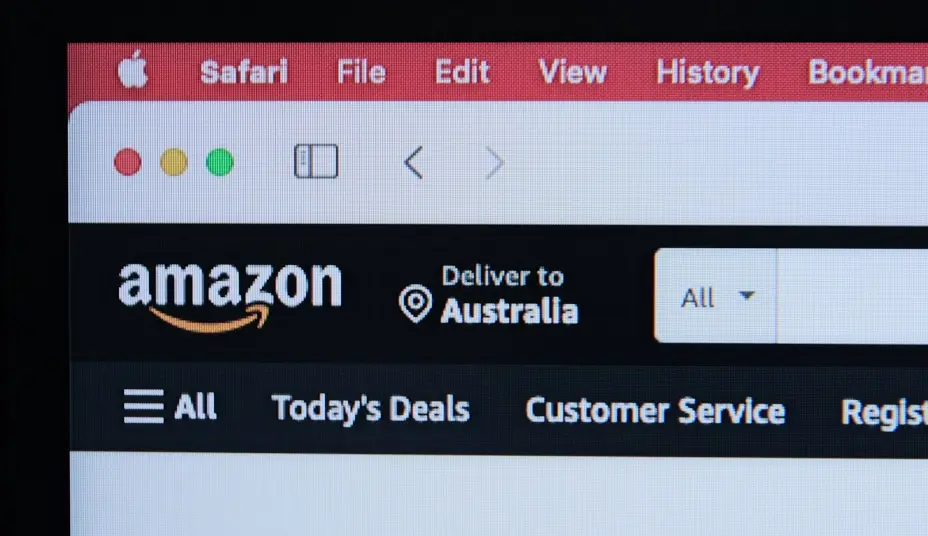
Reasons for Failure of the U.S. CPC Certification Audit
What are the reasons for the failure of the U.S. CPC Certification audit? The CPC certification is a mandatory requirement under U.S. federal law for specific children’s products. In the U.S., the Children’s Product Certificate (CPC) has become a necessary condition for children’s products to enter the market.
These products primarily include, but are not limited to, toys, children’s clothing, furniture, electronics, etc. The purpose of the CPC certification is to ensure that these products comply with the safety standards and regULations set by the U.S. Consumer Product Safety Commission (CPSC), thus protecting children from potential safety risks.
The CPC certification requires manufacturers or importers to prepare and sign the CPC certificate based on the test results from a CPSC-recognized third-party laboratory before launching children’s products into the market. This certificate serves as proof that the product meets relevant safety requirements and is a legal cREDential for selling the product in the U.S. market.
The reasons for failing the CPC certification audit include:
1. Age Rating: The product's applicable age description is missing in the listing backend; this needs to be updated.
2. Importer Information: The CPC certificate lacks importer information, which needs to be completed.
3. Testing Result Contact Person: The CPC certificate is missing the relevant information of the contact person responsible for maintaining the test results.
4. Lack of Compliance Documents: Do not reply to the content and submit documents in the CASE; you need to find and view the sales application in the menu directory, then find the rejected ASIN and resubmit the certificate for review.
5. Product Image Information: Amazon requires that product images clearly display the manufacturer's name, address, and warning labels. The warning label format also has requirements; warnings for products with small parts for children under 3 years must be included.
6. CPC Certificate Stamping Issues: The CPC is essentially a self-declaration issued by the importer or manufacturer (in practice, it is usually issued by the trader). Only the cpc test report is stamped and issued by the testing organization. Therefore, using a CPC certificate stamped by a testing organization is likely to fail the audit.
7. Registration Card Information: Failure to provide a registration card or incorrect information on the registration card may lead to issues. Products requiring a registration card are generally durable infant consumer goods with relatively high danger levels, such as playpens, gates, slings, walkers, cradles, etc.
8. Warning Labels: The cpsia section in the product page editor is incomplete; you need to select the appropriate warning label for your product!
9. Missing Electrical Testing: For electric toys, in addition to ASTM F963-23 and CPSIA, testing of the battery section per ASTM Section 4.25 regarding battery operation is required. Lack of this testing will lead to failure in the audit.
10. Mismatch of Model Number or ASIN: The CPC certificate is missing the ASIN or product model and product description, making it impossible to link the CPC test report and listing.
11. Lack of Relevant Identifiers: The images do not include all the following relevant information: safety information and registration card, compliance mark (including tracking labels), and product hazard warnings.
12. Encountering CPC Test Reports that Passed Previously: This is the most serious issue and can lead to store closure.
Email:hello@jjrlab.com
Write your message here and send it to us
 Irish Battery Act Requires an Authorised Represent
Irish Battery Act Requires an Authorised Represent
 Swedish Battery Act Requires an Authorised Represe
Swedish Battery Act Requires an Authorised Represe
 Amazon TIC Provider
Amazon TIC Provider
 Amazon Battery and Charger Requirements
Amazon Battery and Charger Requirements
 Amazon Japan METI A Domestic Administrator Service
Amazon Japan METI A Domestic Administrator Service
 What is "Amazon Japan PSE: A Domestic Adminis
What is "Amazon Japan PSE: A Domestic Adminis
 What Does "ASTM F963-17 Certified" Mean?
What Does "ASTM F963-17 Certified" Mean?
 ASTM F963 Board Games Compliance Testing
ASTM F963 Board Games Compliance Testing
Leave us a message
24-hour online customer service at any time to respond, so that you worry!




